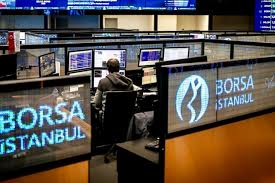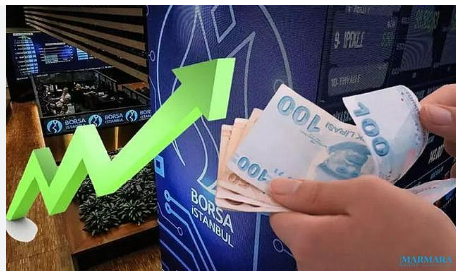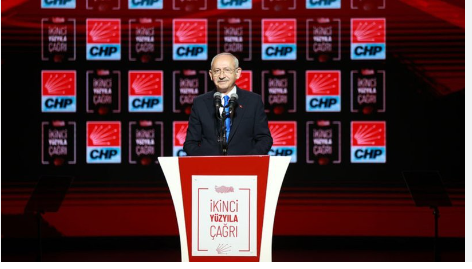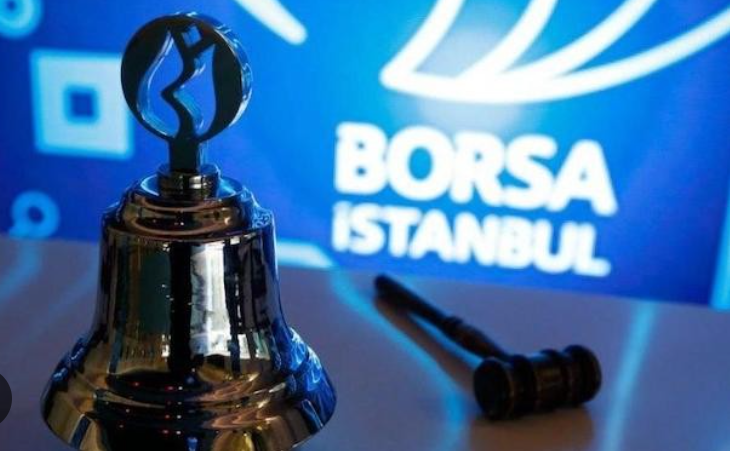Erratic regulations will dry out foreign investment
 bist
bist
Turkey imposed a ban on six foreign banks from betting against the nation’s stocks in a move that appeared to contradict recent steps toward easing such restrictions. Shares in Istanbul gained, tracking an advance across emerging markets Monday reports Bloomberg.
Goldman Sachs Group Inc., JPMorgan Chase & Co., Merrill Lynch International, Barclays Bank Plc, Credit Suisse Group AG, and Wood & Co. have been barred from short-selling stocks for up to three months, Borsa Istanbul said in a statement.
The announcement comes less than week after the country’s Capital Markets Regulator removed a short-selling ban on its largest listed companies on June 30, easing a blanket restriction introduced in February to help shield the country’s markets from bouts of volatility this year. MSCI Inc. warned last month that it may start consulting on a proposal to reclassify the MSCI Turkey Index to frontier-market or stand-alone status if the “already deteriorating accessibility level of the Turkish equity market were to worsen.”
Investors say that would lead to sizable stock outflows and reputational damage. Authorities have already burnt bridges with foreign investors by drastically limiting their access to the currency and making it difficult for them to trade Turkish assets. Earlier this year, the banking regulator briefly barred local lenders from trading liras with Citigroup Inc., BNP Paribas SA and UBS Group AG.
“When you are not winning the game and you control the rules, you change them,” said Hasnain Malik, the head of equity strategy at Tellimer in Dubai. “Turkey has been doing that in the currency and equity market over the last year. This will also add weight to fears that an MSCI downgrade is on the way, ultimately.”
The heavy-handed approach has compounded an outflow of capital, with foreign investors reducing their share of the local-currency bond market to a record low of less than 5%. They have pulled $4.4 billion from Turkey’s equity market over the past 12 months, the biggest exodus since at least 2015.
The Borsa Istanbul 100 Index jumped as much as 1.6% on Monday, with MSCI’s gauge of emerging markets advancing 1.9% as investor optimism over economic stimulus outweighed concerns about rising coronavirus cases. A wave of buying by locals propelled a more than 10% surge in Turkish stocks in June, the biggest in the world.
According to figures pusblished by Central Bank of Turkey on a weekly basis, Turkey experienced an exodus of $12 bn by foreign financial investors, as VW cancelled plans to erect a plant in Manisa. The concealed capital flight will soon accelerate, as according to economic correspondent at Cumhuriyet daily, Mr Erdal Sağlam, three commercial banks with foreign shareholders and several foreign owned companies in Turkey are seeking buyers.
Ankara fails to comprehend the very basic rule for investors of all stripes: Markets and business don’t like uncertainty and hate rapid and unforeseeable changes regulations. Turkey’s once stellar bureaucratic management has fallen in ruins as the Presidency supplanted all institutions and conventions in the country.
Given the fact that Turkey has a chronic shortage of domestic savings and a relatively small financial system largely based on commercial banks, rather than capital markets institutions, these sudden and unpredictable changes in regulations starve it off the very fuel it needs to grow: Foreign investment.
You can follow our English language YouTube videos @ REAL TURKEY: https://www.youtube.com/channel/UCKpFJB4GFiNkhmpVZQ_d9Rg
And content at Twitter: @AtillaEng
Facebook: Real Turkey Channel: https://www.facebook.com/realturkeychannel/






